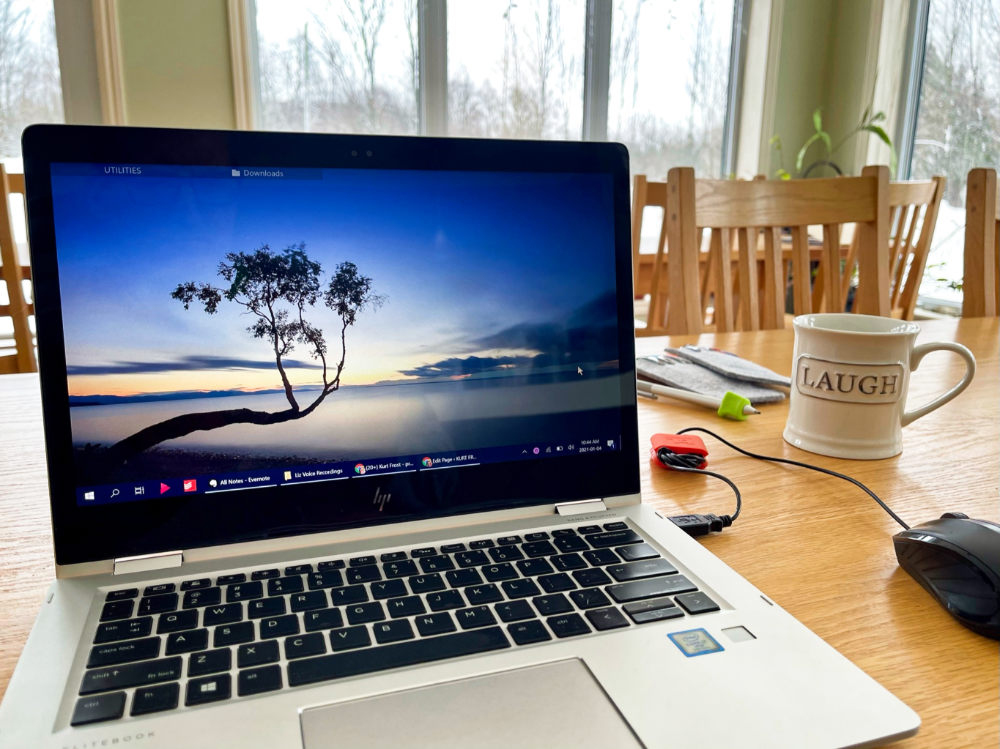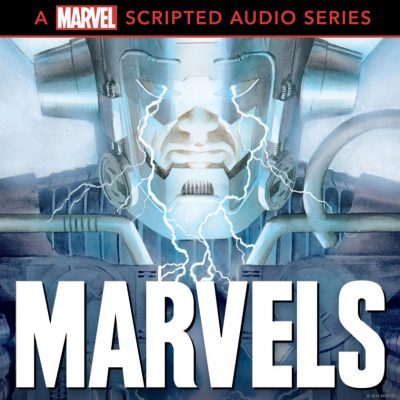Invictus
Out of the night that covers me,
William Ernest Henley – 1849-1903
Black as the Pit from pole to pole,
I thank whatever gods may be
For my unconquerable soul.
In the fell clutch of circumstance
I have not winced nor cried aloud.
Under the bludgeonings of chance
My head is bloody, but unbowed.
Beyond this place of wrath and tears
Looms but the Horror of the shade,
And yet the menace of the years
Finds, and shall find, me unafraid.
It matters not how strait the gate,
How charged with punishments the scroll,
I am the master of my fate:
I am the captain of my soul.
Malevolent is one of my favourite podcasts and I love it even more that the brilliant mind and heart behind it, Harlan Guthrie, is a ‘local boy’, from the GTA (Greater Toronto Area). His recitation of Invictus in a recent episode was touching and inspiring. (Thanks Harlan!)
Sometimes it is just nice to hear that we are going to be OK.
Though new to me, Invictus is a famous poem that speaks to that “unconquerable soul” that we should never forget about. When you lose touch with this part of yourself, look to another unconquerable, beautiful soul in your life to show you it is possible and inspire you to be better. Keep this in mind when life kicks you in the gut. 😉










